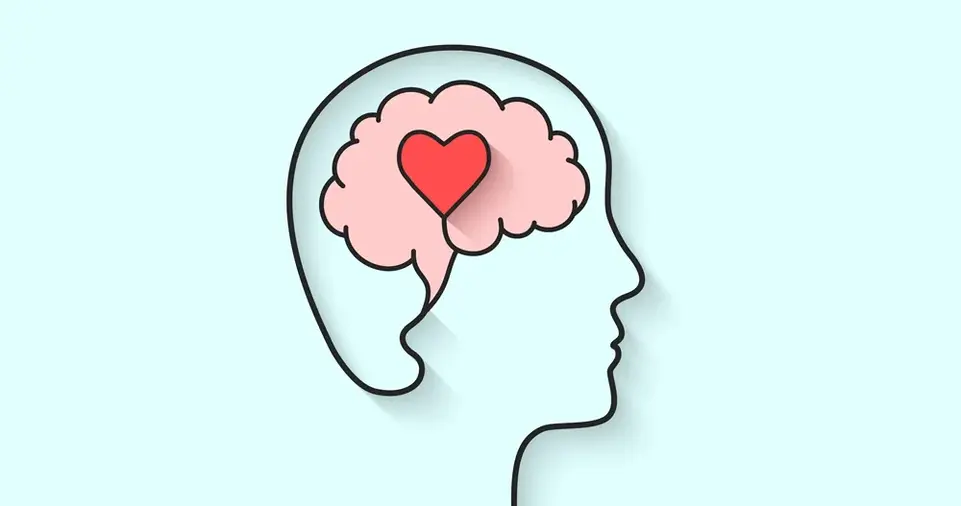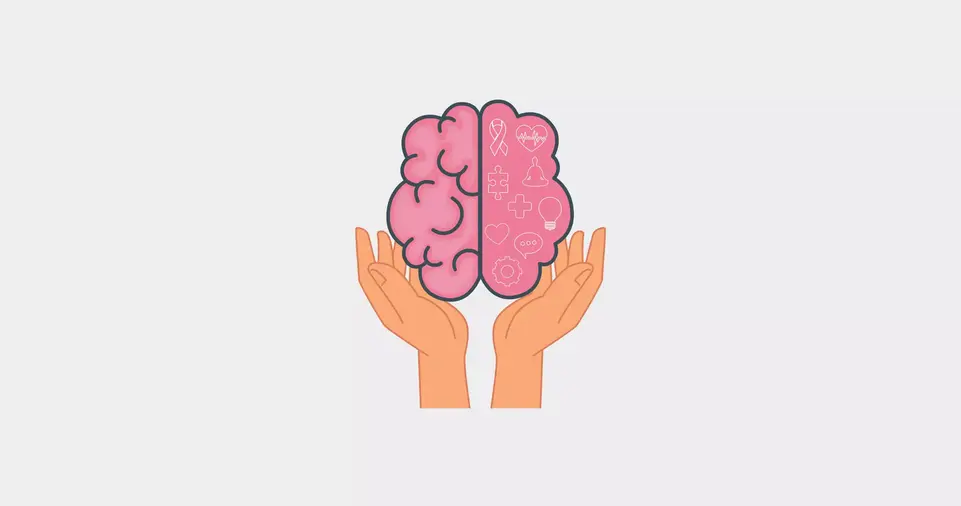In today’s fast-paced world, maintaining good mental health is just as crucial as caring for our physical well-being.
Stress, anxiety, and depression have become common due to work pressures, social expectations, and lifestyle choices.
However, small daily habits can make a significant impact on mental wellness.
Mental health is not just about avoiding mental illnesses; it is about creating a positive state of mind where one can handle stress, maintain relationships, and achieve daily goals effectively.
Building mental resilience requires consistency, self-awareness, and an understanding of what works best for you.
While professional help is essential in many cases, incorporating small yet powerful daily habits can serve as a strong foundation for long-term mental well-being.
From practicing mindfulness to maintaining a proper sleep schedule, this article explores how daily habits can contribute to improved mental health.
In the following sections, we will discuss practical steps that can be implemented into everyday life to cultivate a happier and healthier mind.
Step by Step Guide to Improve Your Mental Health with Daily Habits

Start Your Day with Gratitude
The Power of Gratitude in Mental Health
Gratitude is one of the simplest yet most powerful tools for improving mental health.
Studies have shown that practicing gratitude can significantly enhance happiness levels, reduce stress, and foster a positive mindset.
When you begin your day with gratitude, you set the tone for positivity, helping you focus on what’s good in life rather than dwelling on negativity.
How to Practice Gratitude Daily
- Keep a Gratitude Journal: Write down three things you are grateful for every morning. It could be something as simple as a good night’s sleep or a warm cup of coffee.
- Express Gratitude to Others: Send a message, call, or personally thank someone who has helped or supported you. This not only strengthens relationships but also boosts your own happiness.
- Reflect Before Bed: Before sleeping, take a moment to reflect on what went well during the day. This can help reduce stress and improve sleep quality.
By making gratitude a part of your routine, you can cultivate a more optimistic mindset, which is essential for overall mental well-being.
Exercise Regularly
How Physical Activity Boosts Mental Health
Exercise is often associated with physical health, but its benefits extend deeply into mental wellness.
Regular physical activity releases endorphins—hormones that act as natural mood lifters.
Exercise reduces stress, anxiety, and depression by lowering cortisol levels and improving self-esteem.
Types of Exercises Beneficial for Mental Health
- Walking or Jogging: A 30-minute walk in nature can significantly reduce stress and enhance creativity.
- Yoga and Meditation: Combining physical movements with deep breathing promotes relaxation and mental clarity.
- Strength Training: Lifting weights or engaging in resistance exercises builds not only muscles but also self-confidence.
- Dancing: Engaging in dance therapy or simply moving to your favorite tunes can be a great way to reduce stress and elevate mood.
Incorporating at least 30 minutes of physical activity into your daily routine can have a lasting positive effect on your mental health.
Maintain a Healthy Diet
How Nutrition Affects Mental Health
The food you eat plays a significant role in your mental well-being. A diet rich in essential nutrients helps regulate mood, improves brain function, and keeps stress levels in check.
Unhealthy eating habits, on the other hand, can lead to mood swings, fatigue, and increased anxiety.
Best Foods for Mental Health
- Fruits and Vegetables: High in antioxidants and essential vitamins that combat stress and inflammation.
- Omega-3 Fatty Acids: Found in fish, walnuts, and flaxseeds, these nutrients support brain health.
- Whole Grains: Helps in maintaining energy levels and stabilizing mood swings.
- Probiotics: Found in yogurt and fermented foods, probiotics support gut health, which is linked to improved mood.
By maintaining a healthy and balanced diet, you can ensure that your brain gets the nutrients it needs to function optimally.
Get Enough Sleep
The Link Between Sleep and Mental Well-being
Poor sleep can negatively impact emotional regulation, memory, and concentration. Chronic sleep deprivation increases the risk of anxiety and depression.
Getting enough rest allows the brain to reset and recharge, ensuring optimal mental performance.
Tips for Improving Sleep Quality
- Maintain a Consistent Sleep Schedule: Go to bed and wake up at the same time every day.
- Create a Relaxing Bedtime Routine: Reading a book, taking a warm bath, or listening to calming music can help signal your body that it’s time to rest.
- Limit Screen Time Before Bed: Exposure to blue light from phones and laptops disrupts melatonin production, making it harder to fall asleep.
- Avoid Caffeine and Heavy Meals at Night: These can interfere with sleep quality.
A well-rested mind is better equipped to handle stress, make sound decisions, and maintain emotional balance.
Practice Mindfulness & Meditation
How Mindfulness Helps Mental Health
Mindfulness is the practice of being present in the moment without judgment.
It has been proven to reduce anxiety, increase focus, and promote emotional resilience.
Easy Ways to Incorporate Mindfulness Daily
- Practice Deep Breathing: Focus on your breath for a few minutes whenever you feel overwhelmed.
- Meditate for a Few Minutes: A short 5-10 minute meditation session can reset your mind and reduce stress.
- Stay Present: Avoid multitasking and be fully engaged in whatever you are doing.
By incorporating mindfulness into daily life, you can improve self-awareness and emotional well-being.
Limit Social Media & Screen Time
The Negative Effects of Excessive Screen Time
Social media and excessive screen exposure can contribute to anxiety, depression, and reduced self-esteem. The constant comparison with others can lead to feelings of inadequacy.
How to Reduce Screen Time
- Set Daily Limits on Social Media Apps.
- Engage in Offline Activities Like Reading or Exercising.
- Turn Off Notifications to Avoid Constant Distractions.
- Practice Digital Detox Once a Week.
By reducing screen time, you can improve focus, reduce stress, and enhance real-life connections.
ALSO READ:
Last Words!
The above daily habits, when practiced consistently, can significantly enhance mental health.
Implementing these small changes can help you build emotional resilience, reduce stress, and lead a happier life.
Taking care of your mental health should always be a priority, just like maintaining physical well-being.
Start today and make these habits a part of your daily routine!







